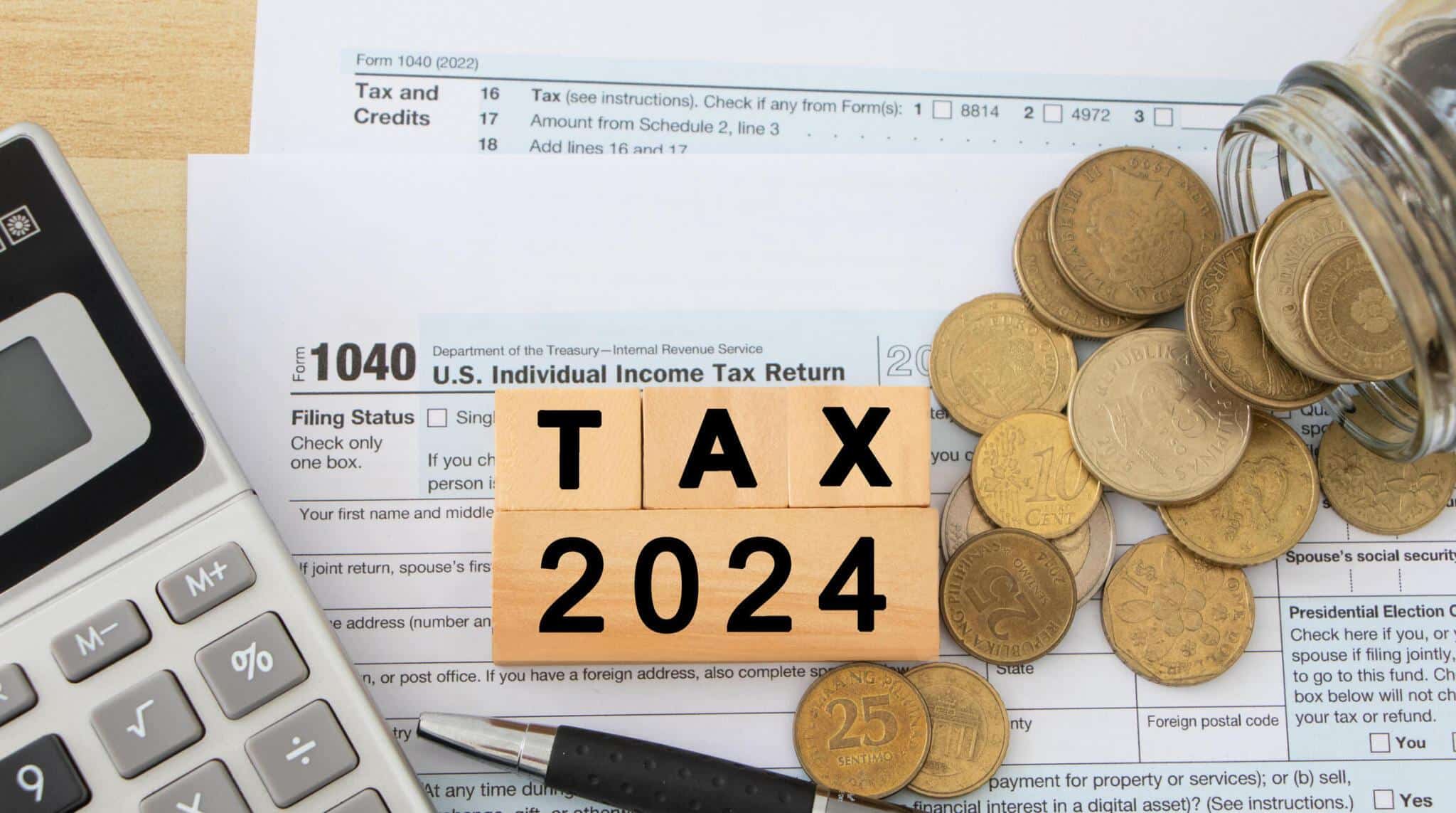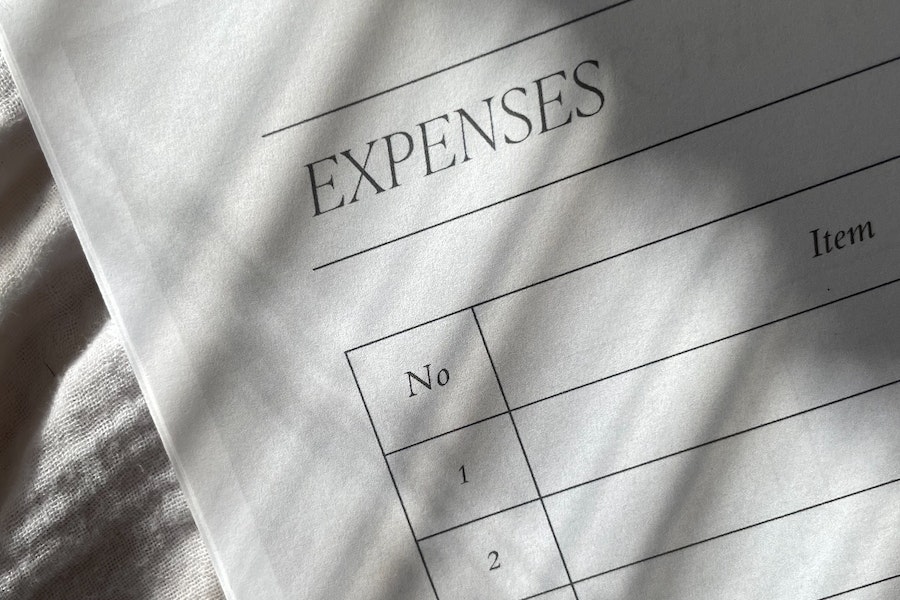If you are a small business owner who employs staff, wages are probably your greatest expense.
Last year, you probably found yourself paying people more. The catch-22 of this situation is that while wages went up, the cost of living did as well. When it was all worked out in the wash, a lot of people were still behind in financial terms.
Here’s a look back and a look forward at what inflation, migration and economic conditions might mean for wage growth in Australia over the rest of the year.
Wage rises in 2022
According to research from the Australian Bureau of Statistics, average wages went up by 1% in the September quarter of 2022 and by 3.1% in the year overall. It is actually the highest quarterly growth in a decade, so it is not to be taken lightly.
The rise seems to be driven most significantly by changes in the private sector, with the public sector still lagging behind.
Meanwhile, the job platform Seek reported that wages advertised on its platform in October 2022 were 4% higher than October of the previous year.
Why did wages go up in 2022?
Forbes reported that household spending was up 11.2% in Australia last year, and The Guardian said inflation could rise to as high as 4.75% by the end of 2023.
To add to this, interest rates are still rising, meaning mortgage repayments are constantly going up. You can see why employees are asking for more money.
Finally, there is a skill shortage at the moment in Australia there are simply not enough skilled workers to go around in a cross-section of industries. This makes each worker more valuable and able to push for a better hourly rate.
What will happen in 2023?
A few factors will influence wages in 2023. Firstly, while the Reserve Bank struggles to get inflation under control, living costs and interest rates are predicted to rise.
The Australian government is also pushing its Secure Work Better Pay agenda with The Fair Work Legislation Amendment (Secure Jobs, Better Pay) Act 2022. The aim of the Act, according to the Department of Employment and Workplace Relations, is to improve Australia’s workplace relations.
The act will amend laws relating to:
-
- bargaining, job security
- gender equality
- compliance and enforcement
- workplace conditions and protections
- workplace relations institutions
These aren’t all pay related but some mean that employees will be put in a position to request higher wages.
The good news
One factor which may help to slow wage growth slightly is the return of migrant workers. The end of border closures means skilled workers and people on holiday visas can make their way back to Australia to fill labour shortages.
The government is reviewing the immigration system and looking to make it easier for skilled migrants to enter the country through initiatives such as easier permanent residency pathways for skilled migrants, post-study work rights, unlimited work hours for international students and faster processing for skilled visa applications.
If worker numbers rise, it’s possible that inflated wages caused by too high job vacancies may ease.
Will you have to pay your staff more in 2023?
Worker shortages and tighter industrial relations rules mean it is likely you will have to pay your staff more in 2023. However, the impact to your profits can be offset through the following:
-
- Outsource some tasks to an overseas team so you can afford to pay your people at home top dollar
- Do some forecasting to learn how wage changes will impact your business so you can prepare
- Change your pricing and look into how your business can generate more revenue (this is easier said than done but you may as well look to see what’s possible)
- Review your budget and cut spending where possible
- Make sure you’re not paying too much tax by working with an experienced accounting team
Mobbs & Co are tax accountants who support businesses in Brisbane, Caboolture and on the Gold Coast.










